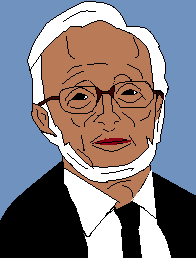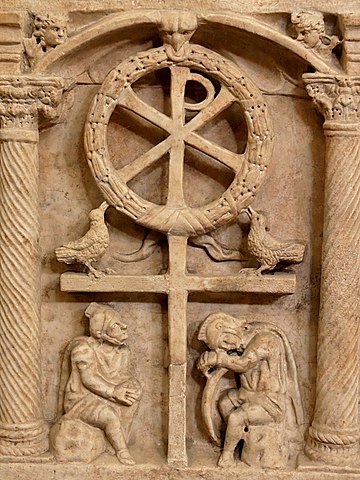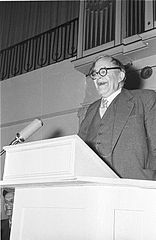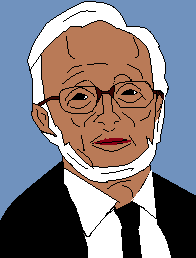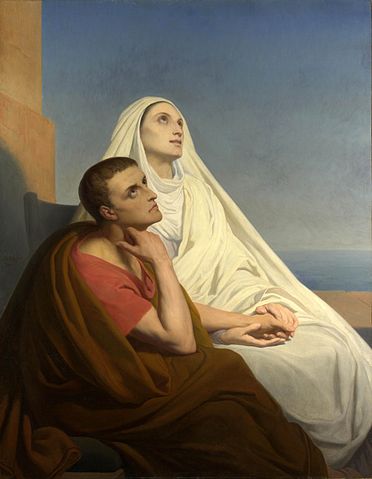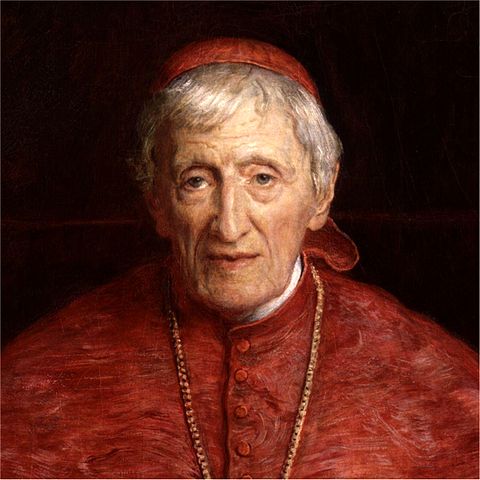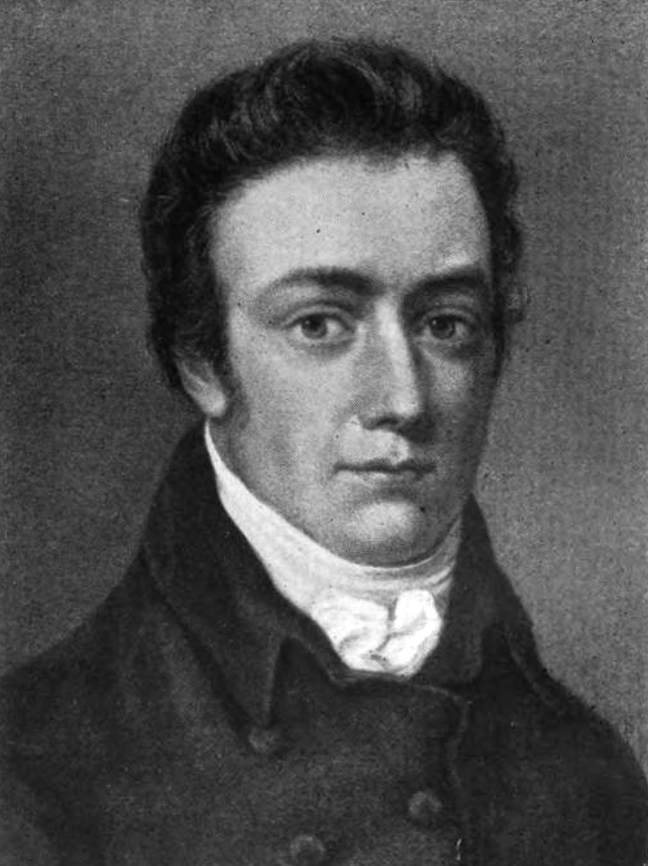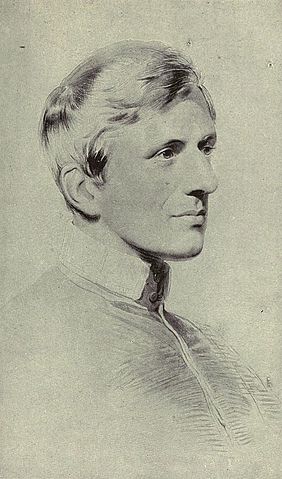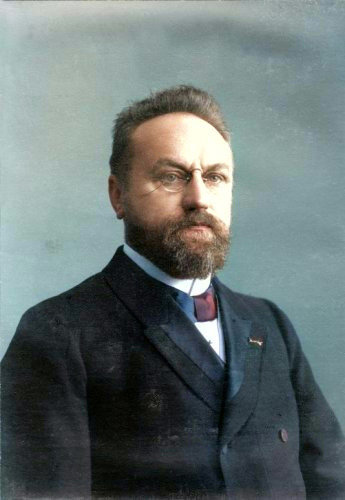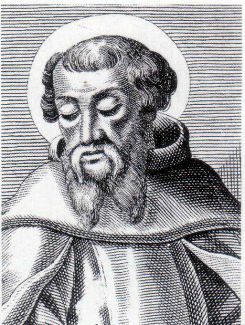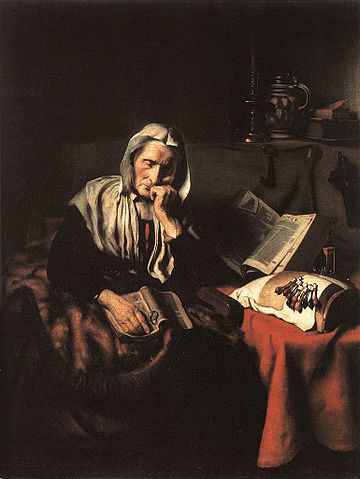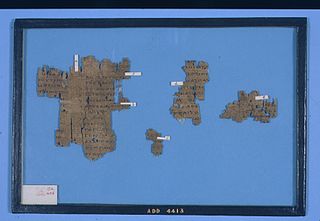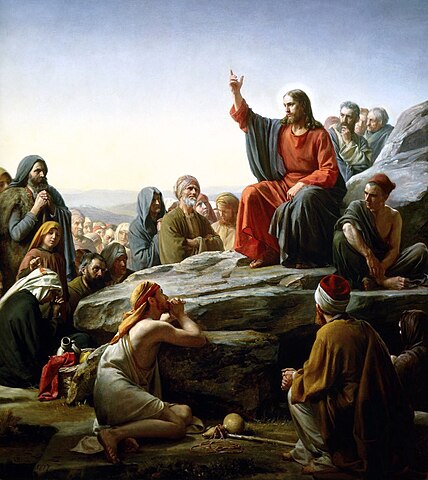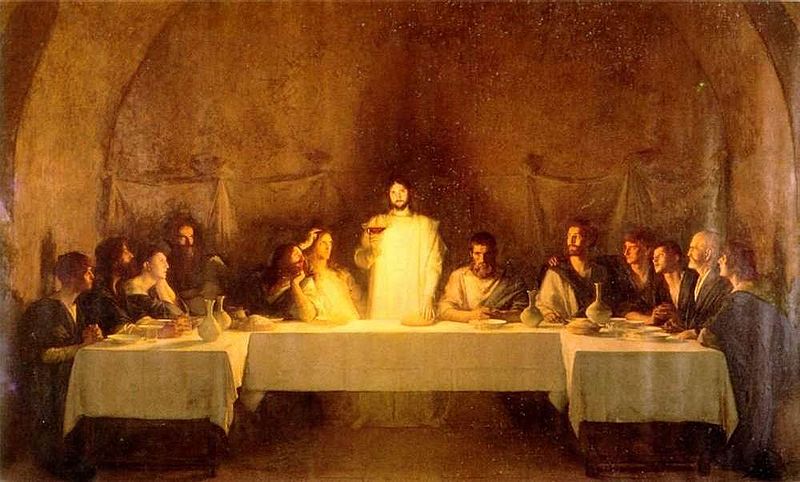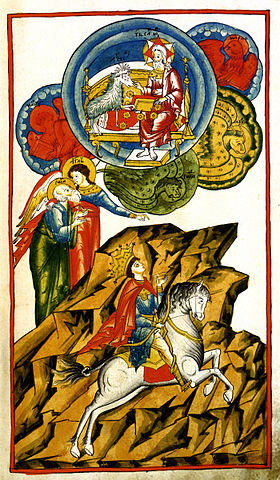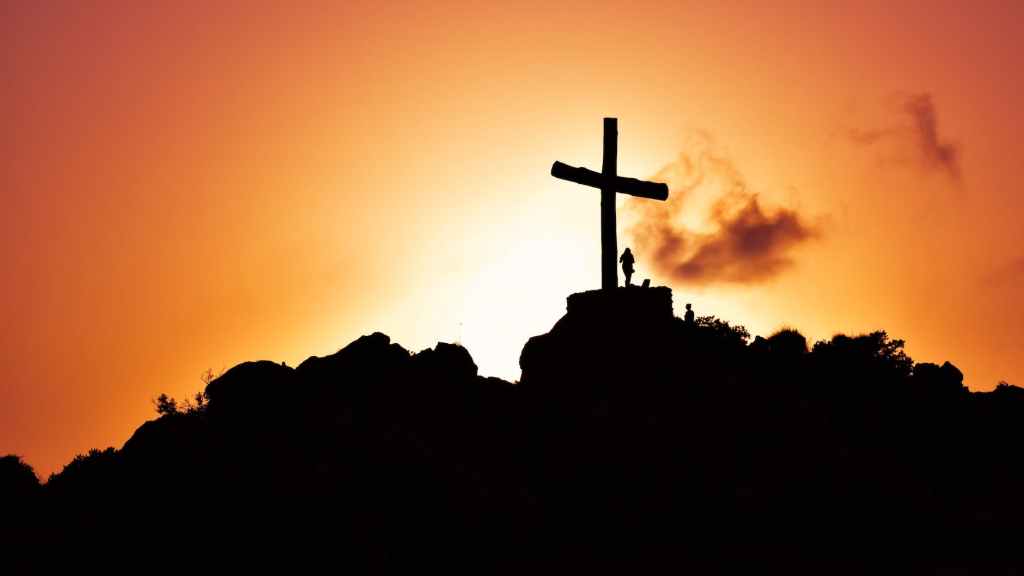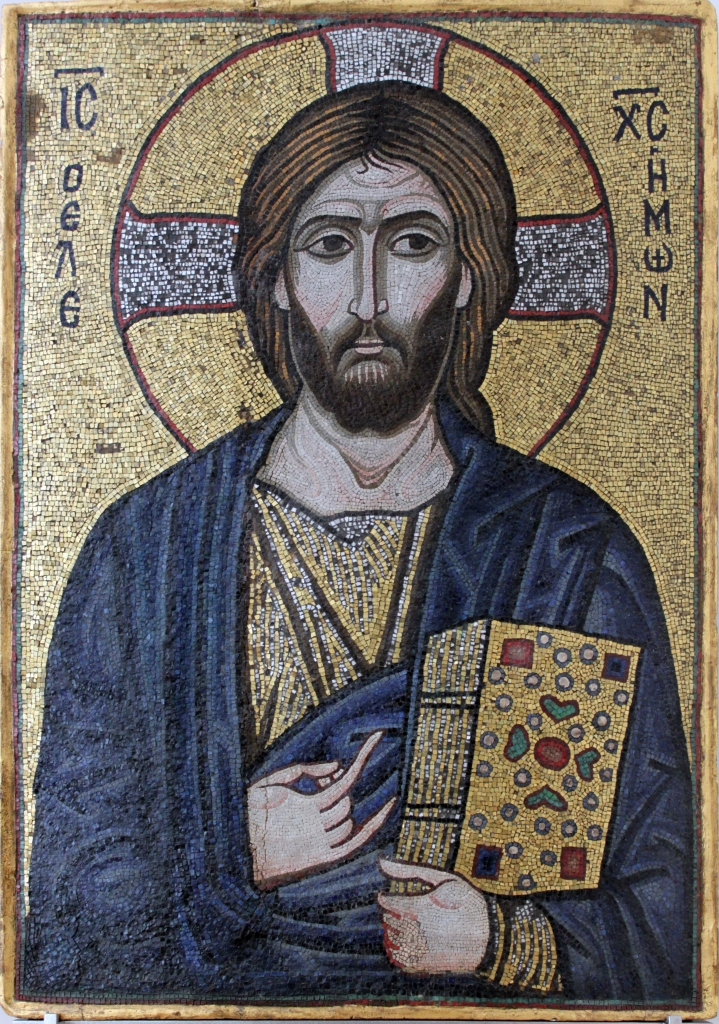Version 1 Easy version
We go about the world as if we know.
Truth be nature’s strong resolve.
Fumbling in the darkness on the backflow
We think we can see but only overcome.
Realizing in the end deep secrets of woe
Falling on our knees to the One Who really knows
Paying our Attention to the Holy Trinity
On our knees realizing only God Really shows
(Poem by Hasan Cemal, the Blogger)
The world is made up of science, ethics and aesthetics. For us to really understand what nature is doing we need to have strong foundations for the work to go ahead. Metaphors and the study of knowledge are such foundations. The Enlightenment had its own foundations and to summarize Gunton said:
“In sum, it can be concluded that according to what was until very recently the almost unquestioned mainstream doctrine, knowledge is something,
(I) possessed by an individual, who
(2) stands over against something which is conceived to be spatially distant. The spatial distance is bridged by bringing either the mind into conformity with the world (‘realism’) or the world into conformity with the mind (‘idealism’). In either case,
(3) the intellectual bridge between the two is provided by the foundational axioms which are conceived to link the mind with the world” (From ibid page 53)
This then was an over simplistic mechanical view of knowledge, and it has been abandoned by many scientists and theologians. So in the old days Copernicus looked through his telescope and saw our solar system. The scientist was studying the object on his own and he came to this decision on his own. Michael Polanyi said that this was the old way of doing science and he didn’t actually do this.
Copernicus looked and experienced this beautiful sight, that the earth was moving around the sun. After he experienced it then he could write about it. You experience it first then you seek to understand it. You believe it first then you seek to understand it. It is faith seeking understanding in Anselmian and Barthian language.
So, then the enlightenment with its emphases on some of the above has led to an impasse. Using Frankenstein as a metaphor we can describe the effects of enlightenment epistemologies. Although Coleridge was wrong in his early days going down the road of seeing the material world as God, and Unitarianism (Belief in a god without the Trinity). He hit the nail on the head that the world is made up of Science, Ethics and Aesthetics. The Enlightenment was a lopsided view of Science, Ethics and Aesthetics! From this vantage point Barth did Christendom a favour by taking on this lopsided view of human knowledge. As human beings we are filled with awe and wonder in our Trinitarian God that he filled this world at the beginning of creation with Science and Ethics, and Aesthetics, only for Adam and Eve’s sin to turn God’s Handy work into something other (death, the disease of sin and outright rebellion against God).
Gunton shows us that Barth purposefully chose to go against the road of the Enlightenment. Barth shows us that Humanity is not at the centre of the universe. Humanity has shown us that without the fear, awe, and respect of God; In this place of secularism there is much destruction of human lives and the spoiling of nature itself. Human greed is everywhere built into the very foundations of human civilizations, not only the West, East, West, North and South and all the directions in between. We now turn to page 53 in search of an alternative foundation to that of the Enlightenment.
Gunton puts forward to theories here:
- Barth’s theology is in part a conscious attempt to replace the Enlightenment project with something different.
- The second is that the Enlightenment project has failed, because it does not register with the way we actually live and understand this world.
(The above points were taken from the Theology of the Theologians and simplified, Colin Gunton page 53)
The scientist and theologian are no islands but part of a community that works together to find out the truth, whatever that truth maybe:
- “The conclusion, then, is that in the absence of intuited intellectual foundations built, so to speak, into the structures of rationality, we have another foundation: the communities, for example, of science or of literary interpretation. It is in and through communities of persons that knowledge becomes possible and takes form. The community is in that respect the only foundation, because it is the matrix within which, as a matter of fact, our cognitive enterprises become possible.” (from page 57)
- When we look at the writings of Barth, even at his commentary on Philippians we see the importance of the term ‘in Christ’. Gunton mentioned some of these things in this chapter I looked at today:
- for Barth, the fundamental reality of our being is our indwelling in Christ. But, to leave that on one side, the point for our purposes. (page 54)
- Here Barth is quite explicit that theology must take elements of truth from both realism and idealism if it is to come to terms with the actual relation of the knower to God. (page 55)
- Accordingly, if the Anselm book really was as important as Barth repeatedly says it was for his understanding of theological method, we must expect to find after it an emerging conception which builds upon and transcends the therapeutic dialectics of the 1920s (Page 58).
- Barth intends to set before us a conception of the knowledge of a personal God by free and thinking persons. The talk is of active human knowledge in the context of a relationship, one indeed in which there is a measure of reciprocity. ‘There is a reciprocity of relationship between [God] and these objects. Man can therefore perceive and consider and conceive God …’ (p. 58). Again, the words are carefully extracted, but they make the point that here is personal knowledge, knowledge taking shape in a particular relationship: ‘the event between God and man which we call the knowledge of God’ (p. 179). but inevitably, it is an asymmetrical reciprocity. (From page 59)
Reflection
Obviously, Karl Barth thought through his epistemology and via Anselm came to use epistemology on foundations other than Enlightenment epistemology but still could borrow from it. Knowing God is a personal thing, it is not abstract. One cannot abstract relationships. When at work or with our friends and neighbours there is a certain amount of trust or not to trust and so it is with a lot of knowledge. This is why people such as Coleridge and Kierkegaard are so important to theology. They pointed beyond a mechanical abstract knowledge to love. Love is also a type of knowledge as one needs to get to know the other personally. Love does not need to be reciprocal for example if one dies for a stranger but most times for there to be true love there has to be reciprocity.
Just to remind ourselves this was about looking at the foundations of our knowledge on what grounds a dogmatic or systematic theology can follow. I found this chapter four groundbreaking because when we write good theology we need to be on our knees in prayer. Along the way we learned that epistemology has moved on since the enlightenment and choices need to be made. If you are a scientist reading this my question would be: How do you include the human aspect in your everyday working. Even if you reject God; Are you the Scientist who interrogates an object at a distance or do you get personal with it?
There is much to think about here especially with the doctrine of God and of Creation and Karl Barth did make mistakes yet no theologian worth his salt should walk away from the issues he raised. Gunton has taught us a lot in this chapter, actually I heard a lot of this at university from him but at the time I didn’t really ‘get it’ (understand it). Better late than never!
Hard version
Version 2; Below is the more technical version of what I wrote.
At certain times the Sciences and Humanities touch each other and overturn old ideas for new ideas. Michael Polanyi was such a man. Although he was a science man in and out, his ideas within epistemological frameworks as metaphors have influenced such minds as T F Torrance and Professor Gunton. The reason why Polanyi was so important for the modern Scientific community is the fact that the foundations of the Enlightenment have been found to be wanting and does not match the real world. Relational knowledge as opposed to an object being scrutinized at a distance as a metaphor is dying a death. It is interesting that faith seeking understanding is a concept that is shared in theological and Scientific communities.
Within the Sciences and humanities epistemology is one of those things that needs to be looked at. The enlightenment had a serious impact on the foundations of knowledge especially in the West and with the Enlightenment. This in someways has fed into theology and has led to an impasse in which English theology and German theology just did not understand each other as Gunton says:
“For the most part and despite exceptions, the English find it difficult to come to terms with the theology of Karl Barth. A recent paper by Daniel Hardy identifies the strongly naturalistic bent of English thought as the chief culprit: The English norms [sc. of knowledge] involve the use of naturalistic human knowledge as determinative of what can be believed. Employing these norms in interpreting Schleiermacher and Barth, however, makes them and indeed most important theology seem either to conflict with or to stretch the bounds of what is considered possible? Naturalism’s predominance brings it about that where Earth is concerned a frequent English reaction is one of puzzlement that someone should commit intellectual suicide in so spectacular a fashion. It is indeed difficult to take seriously one who appears to be hell bent on intellectual self-destruction. But it is also true that English naturalism is a variation, albeit a particularly dismal one, on a common Western tradition of rationalism.” (From theology of the theologians; pages 50-51)
Gunton sums up the main features:
“In sum, it can be concluded that according to what was until very recently the almost unquestioned mainstream doctrine, knowledge is something (I) possessed by an individual, who (2) stands over against something which is conceived to be spatially distant. The spatial distance is bridged by bringing either the mind into conformity with the world (‘realism’) or the world into conformity with the mind (‘idealism’). In either case, (3) the intellectual bridge between the two is provided by the foundational axioms which are conceived to link the mind with the world” (From ibid page 53)
So, then the enlightenment with its emphases on some of the above has led to a cul-de-sac, an impasse. From my point of view the humanness of the human had changed into some sort of Frankenstein. I am using Frankenstein as a metaphor here describing the effects of enlightenment epistemologies. Although Coleridge was wrong in his early days going down the road of pantheisms and Unitarianism. He hit the nail on the head that the world is not only made up of truth (Science) but it is also made up of goodness (ethics) and beauty (humanities and arts). The Enlightenment was a lopsided view of Truth, Goodness and Beauty! From this vantage point Barth did Christendom a favour by taking on this Frankenstein. As human beings we are filled with awe and wonder in our Trinitarian God that he filled this world at the creation of Truth Goodness and Beauty only for the Fall to turn God’s Handy work into something other (death, the disease of sin and outright rebellion against God).
Gunton shows us that Barth purposefully chose to go against the road of the enlightenment. Barth shows us that Humanity is not at the centre of the universe. Humanity has shown us that without the fear, awe, and respect of God; In this place of secularism there is much destruction of human lives, civilisation and the spoiling of nature itself. Human greed is everywhere built into the very foundations of human civilizations, not only the West, East, West, North and South and all the directions in between. We now turn to page 53 in search of an alternative foundation to that of the Enlightenment.
Alternative Foundations
Gunton puts forward to theses.
- Barth’s theology is in part a conscious attempt to replace the Enlightenment project with something different.
- The second is that the Enlightenment project has failed, because it does not register with the way we actually go about the world cognitively, and that therefore Barth’s theology is to an extent justified by its fruits.
(The above points were taken from the Theology of the Theologians, Colin Gunton page 53)
How then is knowledge understood. In the critical period, one of the features of epistemology was that of ‘spatial difference’.
As Gunton explains it as “the essence of knowledge is the proposition, in which the distant object is described in words which attempt to mirror what is there. The emphasis is on ‘knowledge that’ rather than knowledge by acquaintance.” (page 54)
Gunton continues and shows another way though the works of Michael Polanyi. I quote the whole paragraph because it is vitally important that we understand it:
“In the Polanyian approach the reverse is the case. The central metaphor here is that of ‘indwelling’. The knower
knows the world by indwelling body, tools, concepts and the like, which, by being known tacitly, become the bridge by
which other parts of the world can be known. It is tempting to speculate that the origin of the metaphor — and it must be remembered that it is a metaphor, so that the limits of its explanatory power are recognised — is ultimately in the Fourth Gospel, where we find an extended use of the notion of knowledge by indwelling.9 (It is when this fact is overlooked that there is talk of a ‘Gnostic’ bias in that gospel.) (page 54 continued)”
Gunton shows that this idea can be seen in the Trinitarian idea of perichoreses, “that the Father and the Son Know each other by asymmetrical indwelling”:
So then not having the previous ontology of distance we have one of ‘acquaintance’. And… ‘Knowledge is a relation of knower and known before it is propositional.’ Page 54 continuing Gunton writes ‘According to Polanyi, all knowing is a form of faith seeking understanding: faith in his case meaning a committed orientation to and indwelling within the world and our language.’ (From page 54)
This just shows how amazing T F Torrance was as a theologian, that here in the epistemological world, epistemology was borrowed from the sciences and has taken us beyond the Enlightenment. Gone then are the days when a Scientist sits in a laboratory on his own interrogating the distant object to get its truths out. The scientist and theologian are no islands but part of a community that works together to find out the truth, whatever that truth maybe:
- “The conclusion, then, is that in the absence of intuited intellectual foundations built, so to speak, into the structures of rationality, we have another foundation: the communities, for example, of science or of literary interpretation. It is in and through communities of persons that knowledge becomes possible and takes form. The community is in that respect the only foundation, because it is the matrix within which, as a matter of fact, our cognitive enterprises become possible.” (from page 57)
- When we look at the writings of Barth, even at his commentary on Philippians we see the importance of the term ‘in Christ’. Gunton mentioned some of these things in this chapter I looked at today:
- for Barth, the fundamental reality of our being is our indwelling in Christ. But, to leave that on one side, the point for our purposes. (page 54)
- Here Barth is quite explicit that theology must take elements of truth from both realism and idealism if it is to come to terms with the actual relation of the knower to God. (page 55)
- Accordingly, if the Anselm book really was as important as Barth repeatedly says it was for his understanding of theological method, we must expect to find after it an emerging conception which builds upon and transcends the therapeutic dialectics of the 1920s (Page 58).
- Barth intends to set before us a conception of the knowledge of a personal God by free and thinking persons. The talk is of active human knowledge in the context of a relationship, one indeed in which there is a measure of reciprocity. ‘There is a reciprocity of relationship between [God] and these objects. Man can therefore perceive and consider and conceive God …’ (p. 58). Again, the words are carefully extracted, but they make the point that here is personal knowledge, knowledge taking shape in a particular relationship: ‘the event between God and man which we call the knowledge of God’ (p. 179). but inevitably, it is an asymmetrical reciprocity. (From page 59)
Reflection
Obviously, Karl Barth thought through his epistemology and via Anselm came to use epistemology on foundations other than Enlightenment epistemology but still could borrow from it. Knowing God is a personal thing, it is not abstract. One cannot abstract relationships. When at work or with our friends and neighbours there is a certain amount of trust or not to trust and so it is with a lot of knowledge. This is why people such as Coleridge, Kierkegaard et al. are so important to theology. They pointed beyond a mechanical abstract knowledge to love. Love is also a type of knowledge as one needs to get to know the other personally. Love does not need to be reciprocal for example if one dies for a stranger but most times for there to be true love there has to be reciprocity.
Just to remind ourselves this was about looking at epistemic grounds for writing a dogmatic or systematic theology. I found this chapter 4 groundbreaking because when we write good theology we need to be on our knees in prayer. Along the way we learned that epistemology has moved on since the enlightenment and choices need to be made. If you are a scientist reading this my question would be: How do you include the human aspect in your every day working. Even if you reject God; Are you the Scientist who interrogates an object at a distance or do you get personal with it?
There is much to think about here especially with the doctrine of God and of Creation and Karl Barth did make mistakes yet no theologian worth his salt should walk away from the issues he raised. Gunton has taught us a lot in this chapter, actually I heard a lot of this at university from him but at the time I didn’t really ‘get it’ (understand it). Better late than never!
